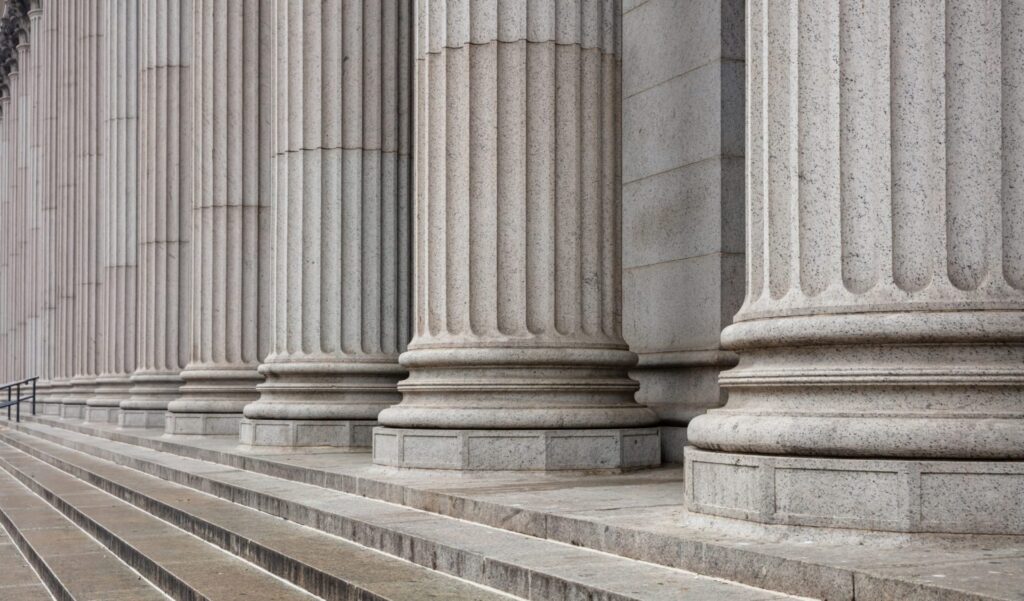If you’ve ever watched a courtroom drama or TV show like Law and Order, then you’ve seen at least a dozen objections being made in a trial. Unfortunately, many of these shows paint courtroom objections in a negative light, with the attorney raising the objection trying to keep relevant evidence away from the jury so they can win the case, even though everyone knows that their client was in the wrong. While objections are often used like that in real life, in reality they are based on common-sense ideas about how credible a piece of evidence really is, compared to how credible that piece of evidence is likely to be seen by jurors. Of course, relevancy is not the only issue for basing objections as there are numerous grounds for excluding evidence including hearsay, the best evidence rule, habit vs. pattern evidence and many, many others. The purpose of this blog is to high-light the basic grounds for excluding or admitting evidence based on relevancy and prejudice.
All Relevant Evidence Should Come Into Trial
In theory, every piece of evidence that is relevant to a criminal charge – from eyewitness testimony to security camera footage to character witnesses – should be heard by a jury so they can determine if the defendant is guilty of the crime being charged.
As a result, the bar is low for what is considered “relevant” evidence: Even if it has very little part to play in the case, if a piece of evidence has any ability to make a fact more or less likely, and that fact relates to the case in some way or another, that piece of evidence will be considered relevant.
Of course, this means that some pieces of evidence will be more relevant than others. On the one hand, the fingerprints on a murder weapon would be very relevant to a murder trial. On the other, a character witness’ prior criminal conviction from twelve years ago would be much less relevant in that same trial.
Unfairly Prejudicial Evidence Should Be Kept Out
Many pieces of evidence do not just illuminate information concerning the crime that is being charged – they also paint some people in a positive or negative light. All too often, this is unfair and prejudicial because it has nothing to do with the criminal charge that is the focal point of the court case. For example, if you’re being charged with robbery, your financial state might be relevant to the criminal charge, but it would also be unfairly prejudicial because the jury might automatically assume that, because you were poor, you therefore committed the crime.
Objections are a Necessary Part of Balancing Prejudice and Relevance
In situations where evidence is both relevant to the case and prejudicial to the defendant facing the criminal charges, it becomes important to weigh how relevant it is, versus how prejudicial it will be.
Objections are how attorneys argue evidentiary issues during trial and the criminal process. By objecting when evidence is allowed to come out, your defense attorney or the prosecutor are pleading to the judge to make a decision. This comes up not only with the issue of how relevant and prejudicial a piece of evidence will be, but also whether a piece of evidence should be taken seriously or is too speculative to be admitted.
Maine Criminal Defense Attorney William T. Bly
Preventing the prosecutor’s evidence from being admitted in court is one of the best ways that a criminal defense attorney can fight for your case during trial. Defense attorney William T. Bly has established a reputation in this regard. Contact his law office online or at (207) 571-8146.
